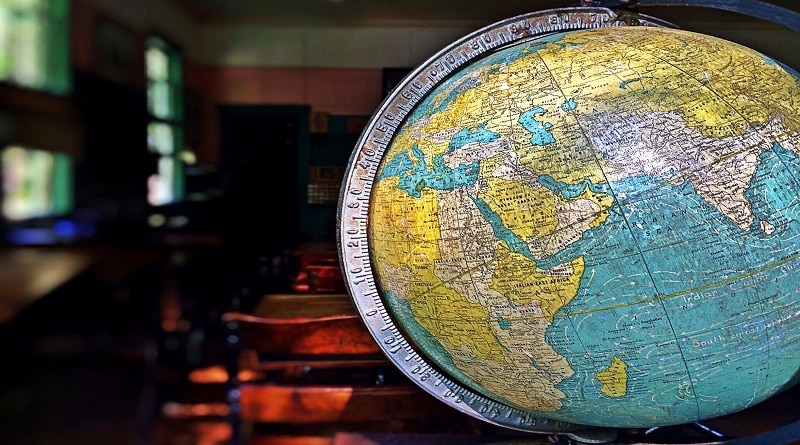Do you have excellent research and analytical skills? Do you have an interest in the subjects of history and geography? Are you writing and reading skills exquisite and looking to be used to their full ability? If so, history and geography may be a good place to do so!
What is history and geography?
History is the study of past events, particularly in relation to human affairs. Geography is the study of earth’s physical features and the atmosphere. A course in History and Geography brings both of those subjects together.
What third level courses are available?
Universities and colleges in Ireland are offering courses in the following subject areas:
- History and Geography – GMIT
- History/Geography – TCD
Related:
- Ancient History and Archaeology/Geography
- Joint Honours – Geography
Studying History and Geography in college
There are a number of courses available in both history and geography as individual subjects but this course gives you the opportunity to combine the two. History and Geography as offered by GMIT is a full time four year course and will give you the opportunity to develop your skills and knowledge in both subject areas.
Your first year of any undergraduate course will provide you with a strong foundation in the basic principles and subjects in history and geography. You will also gain an insight into what is to come throughout your course. In your first year, modules you will cover include Irish History, Folklore, Folklife & Oral History, Earth Science, Geographies of Rural Development, Learning & Innovation Skills and PC Applications as well as your elective modules such as business or a language, for example.
Your second year will introduce you to more in-depth and complex areas and expand your knowledge further. Modules you will cover in your second year include Natural Environment, Society and Nature, Introduction to Digital Media, Local History, Genealogy, Prehistoric Archaeology and Medieval Archaeology. Your second year will require you to do work experience to gain experience in the field of work.
Ecology, Archaeology of Medieval Settlement, Sustainable Tourism, Geographies of Rural Tourism, European History, Research Methods and Digital Mapping will be covered in your third year of study while you are also working on your elective modules.
In your final year you will work on your research dissertation which is a large part of your fourth year. You will continue to study modules including Environmental Management & Sustainability, Archaeology Theory and Practice, Geographies of Adventure Tourism, European History, Geographical Information Systems (GIS), Imagining Ireland, Modernism and Geographies of Heritage Tourism.
Different courses may differ in their exact course structure and content. The above information is based on the course offered by GMIT.
Career options
There is a wide variety of career opportunities in this area as there are two broad subjects studied. You can work in roles from a researcher, to a GIS technician, a teacher, work in museums, history/tourist attractions and many more areas related to history and geography.
You may continue on your study at postgraduate level and specialise in a particular area of your interest and even work in education roles in universities such as researching and lecturing. This degree provides the opportunity to work around the world and learn and work around world history and geography.
Important skills and qualities for both studying and working in this area include excellent communication skills, interpersonal skills, excellent research skills, a critical mind, the ability to work well with others, time management skills, organisation skills, an interest in both history and geography, ability to work with statistics, analytical skills and strong writing and reading skills.
Related Jobs
- Historian
- Environmental Consultant
- Researcher
- Surveyor
- Geographic Information Systems (GIS)
- Lecturer
- Secondary school teacher
Further Study
Visit postgrad.ie for more information.
FAQ
Different courses and different colleges will have different entry requirements. It’s always safest to check with the individual higher education institution which is available on their websites. As a general rule Leaving Cert students should have a minimum of six subjects which should
include: Two H5 (Higher Level) grades and Four O6 (Ordinary Level) grades or four H7 (Higher Level) grades. Subjects must include Mathematics, Irish or another language, and English.
Specific courses may have their own requirements.Certain QQI courses may be accepted.
The points needed to study History and Geography in GMIT were 244 points last year. A two year course in the same subject was 178 points, also in GMIT.
Where can I study?
For other courses in the area you would like to explore, you can do so here.
Did you know?
- The world’s most successful pirate in history was a lady named Ching Shih.
- Mount Everest is the tallest mountain above sea level.
- Mauna Kea is the tallest mountain on earth.
Resources












Comments